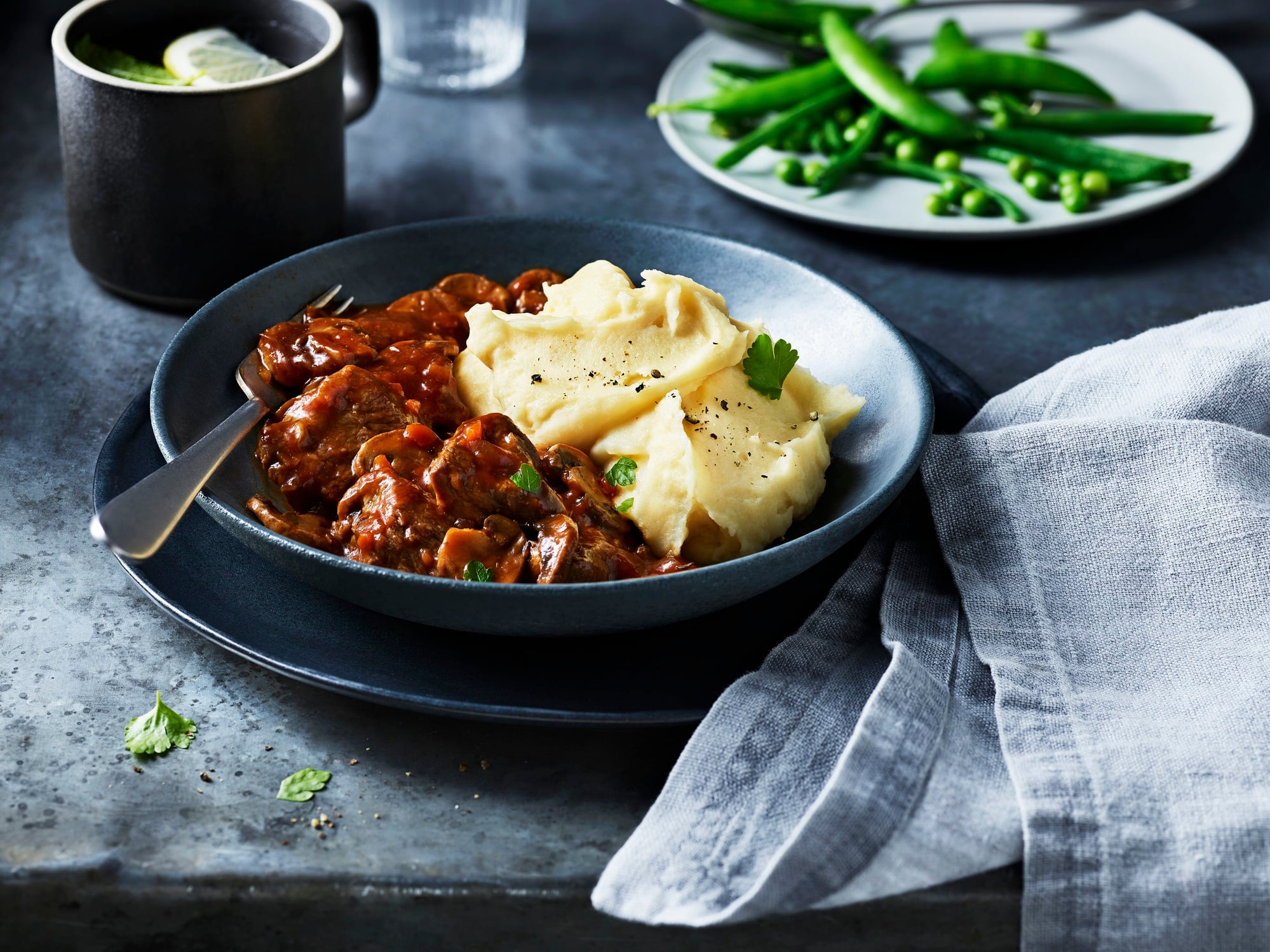Lion’s mane (Hericium erinaceus), is making waves across the food and beverage industry, with its seemingly-endless benefits gaining interest amongst manufacturers and consumers.
Links to improved cognitive function, in particular, have already produced a noticeable uptick in global demand for lion’s mane products, leading to a strong market value of $27.81m, and a projected CAGR of 19.84% over the next four years, according to Technavio.
However, it’s links to weight loss, which could really put lion’s mane on the map, pushing it to the forefront of innovation and new product development, in food and beverage.
What is lion’s mane?
Lion’s mane (Hericium erinaceus) is a species of tooth fungus or mushroom. This edible variety is native to Asia, Europe, and North America, and tends to grow in a single clump with dangling spines longer than 1 centimetre (1⁄2 inch).
It gets the name ‘lion’s mane’ from its large, white, shaggy appearance, which resembles a lion’s mane.
Can lion’s mane aid weight loss?
The weight-loss properties of lion’s mane are many.
“Lion’s mane mushrooms may help with weight loss through various mechanisms,” says Elliot Webb, mushroom expert at Urban Farm-It and author of Growing Mushrooms at Home. “They are believed to play a role in improving fat metabolism and maintaining healthy triglyceride levels, which can be crucial for those looking to shed extra pounds.”
What’s more, the overall wellbeing effects are believed to indirectly assist in weight-loss efforts.
“Their adaptogenic properties can help manage stress, which may curb stress-induced eating,” says Webb. “By supporting a calmer state of mind, lion’s mane may help maintain healthier eating habits, leading to better weight control over time.”
Further to this, lion’s mane is also associated with improved sleep quality, which is deemed essential for weight management.
“Improved sleep can reduce fatigue, balance hormones, and minimise food cravings,” says Webb. “With enhanced rest and recovery, you are more likely to maintain a consistent exercise routine and make mindful dietary choices. These combined benefits make lion’s mane a promising supplement for those seeking a holistic approach to wellness.”
Lion’s mane is also a rich source of antioxidants, which can help to combat oxidative stress and reduce inflammation in the body.

What does this mean for the food and beverage industry?
This new understanding on the potential benefits of lion’s mane looks set to supercharge consumer interest in the humble mushroom, and comes at a time when its star is already rising.
“In the last five to 10 years, there has been a surge in interest around the lion’s mane mushroom,” says a spokesperson for Merryhill Mushrooms.
And that trend is accelerating, with social conversations about lions mane increasing by 18.31% over the past year, according to Tastewise.
This has resulted in an increase in new product development, by food and beverage brands, looking to capitalise on the increasing interest in its wellness qualities.
But further opportunities await brands looking to get involved in this growing trend, particularly in sectors such as ready meals.
“Lion’s mane mushroom is a versatile ingredient that can be easily incorporated into various dishes, adding a unique and earthy flavour,” says Merryhill Mushrooms.
Furthermore, it’s likely we’ll see a rise in functional foods and beverages, fortified with lion’s mane.
“The key factors driving the demand for lion’s mane include growing awareness of its health benefits, increasing popularity of functional foods, and the rise of veganism and vegetarianism,” says Shannon O’Sulivan, researcher for Dr MushMe.
And it’s not just the health benefits, which are attracting consumers, lion’s mane is winning on flavour too.
“The unique taste and texture of lion’s mane have contributed to its growing popularity as a culinary ingredient, particularly as a seafood substitute,” says O’Sulivan.

Lion's mane: Nutritional information
Per 100 gram serving of fresh lion’s mane mushrooms:
- Calories: 28 kcal
- Protein: 2.2 g
- Fat: 0.7 g
- Carbohydrates: 5.6 g
- Dietary Fiber: 2.8 g
- Sugars: 1.5 g
Vitamins and minerals:
- Vitamin D
- Vitamin B complex
- Iron
- Zinc
- Potassium
- Magnesium
Source: Dr MushMe




